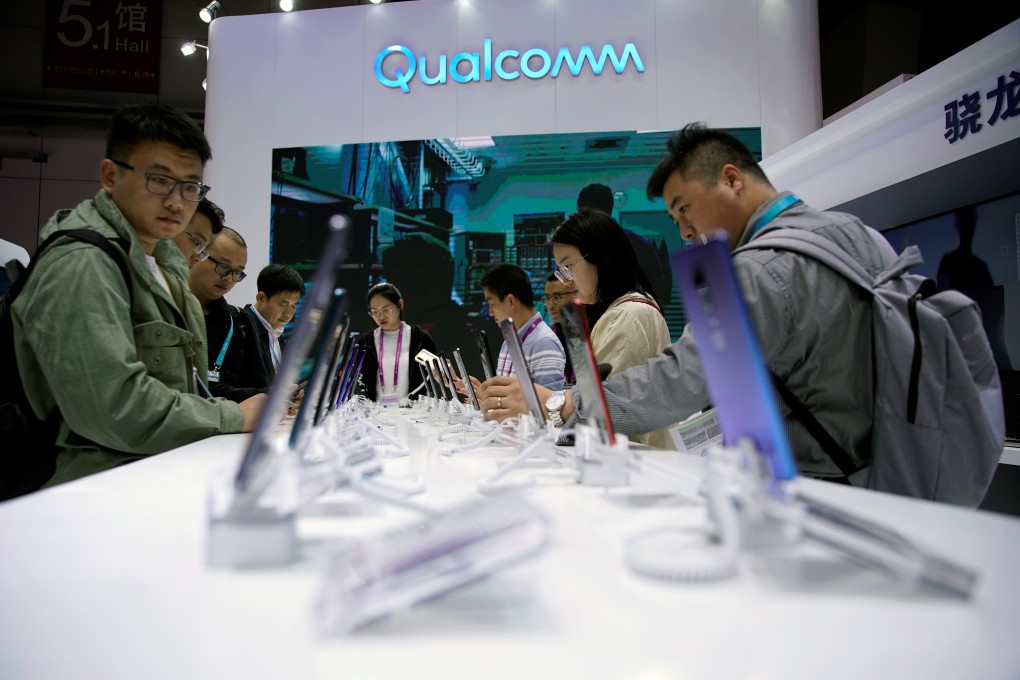Economic ties between US states, China provinces touted as fix to spiralling cost of trade war
- Representatives from at least seven US states at a massive trade event in Shanghai have stressed ‘subnational’ economic ties amid US-China trade war
- Bilateral trade between the world’s two largest economies has nosedived in the 16 months since tariff battle began in July 2018

US state representatives at the massive China International Import Expo in Shanghai say they are focused on maintaining strong business ties with Chinese provinces to offset the effects of the damaging bilateral trade war.
At least seven states sent trade delegations to the second annual trade fair, an event intended to encourage foreign companies to do business in China, with many stressing the importance of regional connections while relations between Beijing and Washington remain frosty.
“When we talk about tariffs, there is a lot of negative news out there,” Craig McKinney, director of international affairs at the state of Kentucky’s Cabinet for Economic Development. “But really what we are doing is, we are focusing on the subnational level. The activities at the subnational level are more positive than mainstream media would show.”
When we talk about tariffs, there is a lot of negative news out there. But really what we are doing is, we are focusing on the subnational level
In the US, the tariffs have not only driven up the cost of many imported goods, but have hit manufacturers, ports and exporters, particularly in the agriculture sector, according to US state representatives at the trade fair.